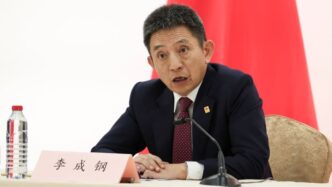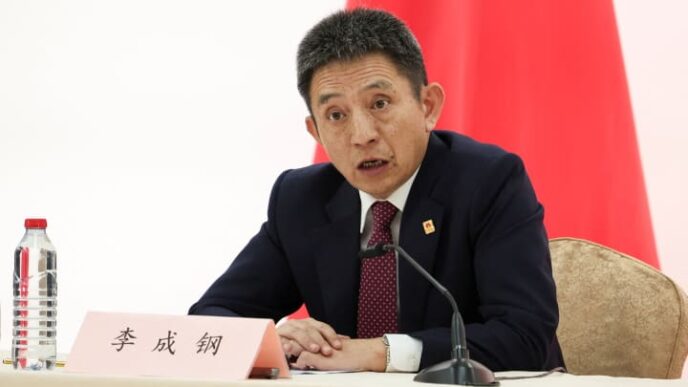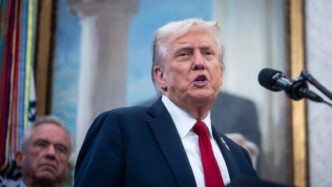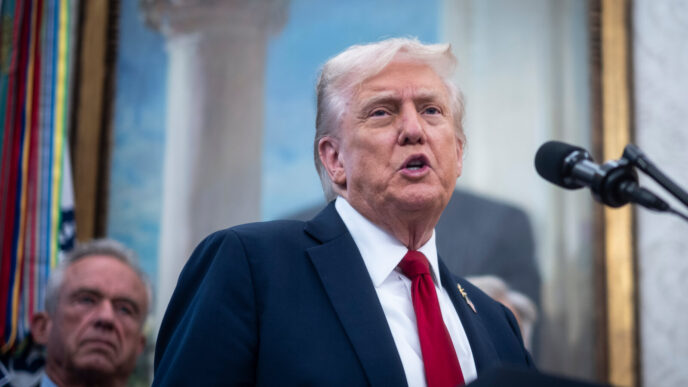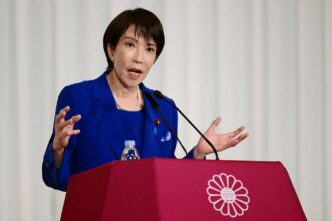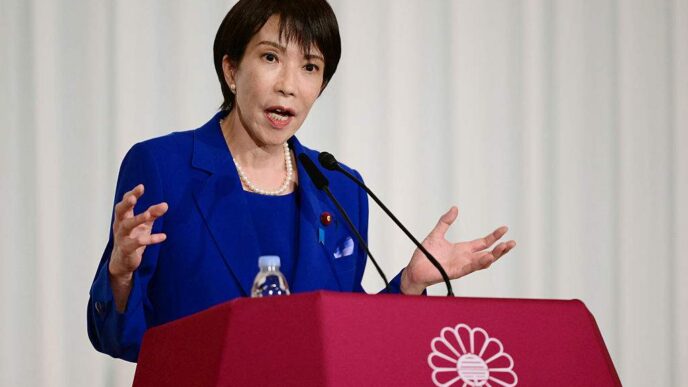China has accused the United States of conducting large-scale cyberattacks against its National Time Service Centre, claiming that the breaches posed severe risks to the country’s communications, financial networks, power infrastructure, and even the international standard time.
In a statement released on Sunday, October 19, via its official WeChat account, China’s State Security Ministry said that the U.S. National Security Agency (NSA) had carried out a prolonged cyber operation targeting the centre.
The ministry revealed that it had discovered evidence of data theft and stolen credentials dating back to 2022, which were allegedly used to monitor staff mobile devices and internal systems.
According to the ministry, the U.S. intelligence agency “exploited a vulnerability” in the messaging platform of a foreign smartphone brand to access employees’ phones, though it did not specify which brand was involved.
It added that the attacks extended into 2023 and 2024, with American operatives allegedly attempting to compromise the centre’s high-precision ground-based timing system.
The National Time Service Centre, a research body under the Chinese Academy of Sciences, is responsible for generating, maintaining, and transmitting China’s national standard time.
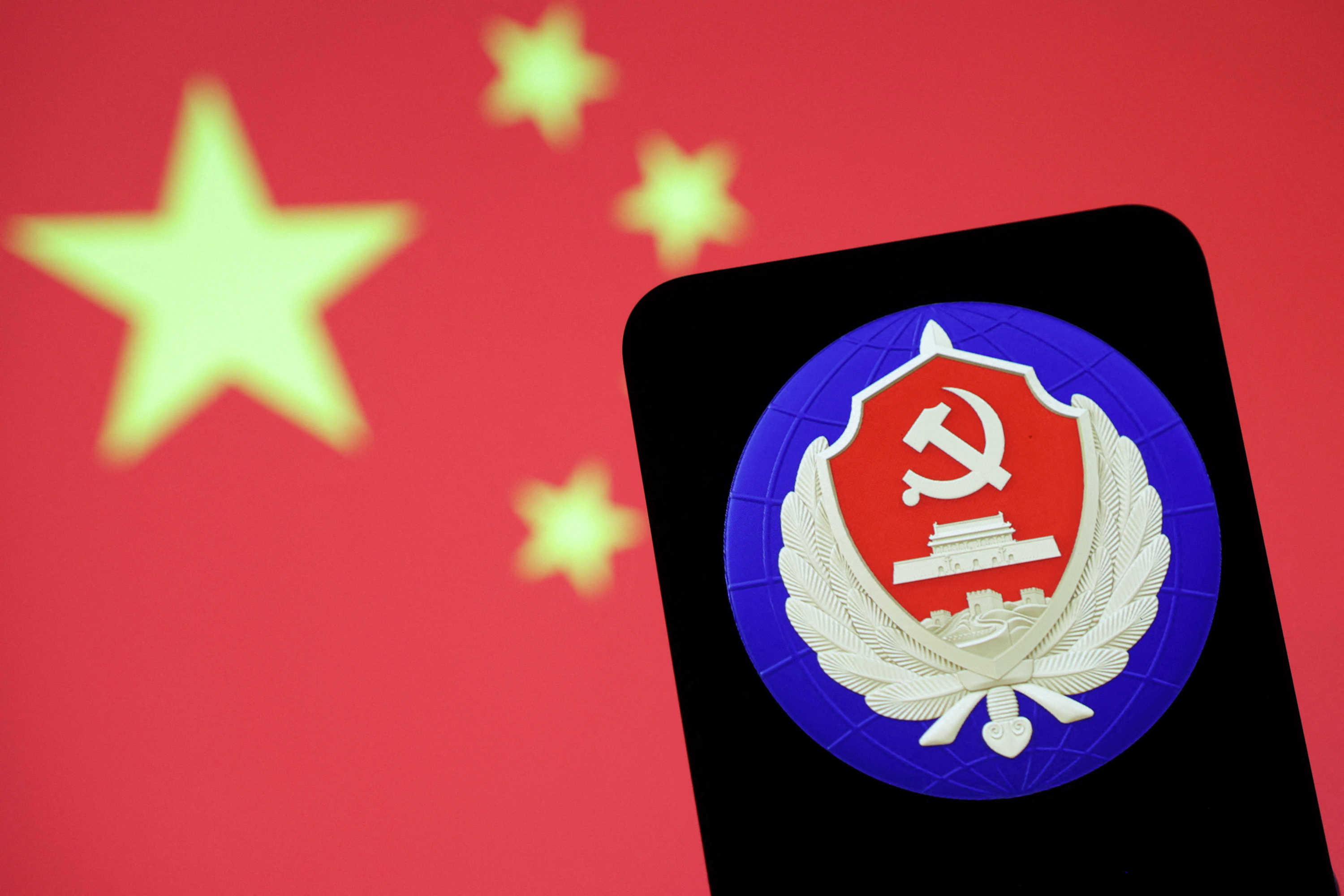
While the U.S. embassy in Beijing did not respond directly to the allegations, it countered by accusing cyber actors based in China of infiltrating major American and international telecommunications networks as part of extensive espionage campaigns.
“China is the most active and persistent cyber threat to U.S. government, private-sector, and critical infrastructure networks,” an embassy spokesperson told Reuters via email.
The accusations mark the latest escalation in a growing cyber dispute between Beijing and Washington. Both nations have traded claims of hacking and data breaches in recent years, each portraying the other as its leading cyber adversary.
The new allegations come following renewed tensions over trade and technology, including China’s tightened export controls on rare earth materials and Washington’s warnings of potential tariff increases on Chinese imports.


 Trending
Trending 






